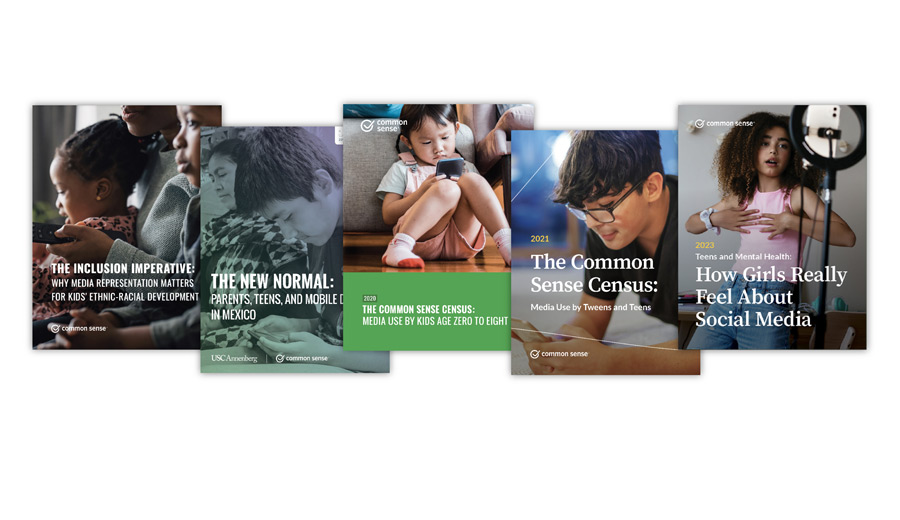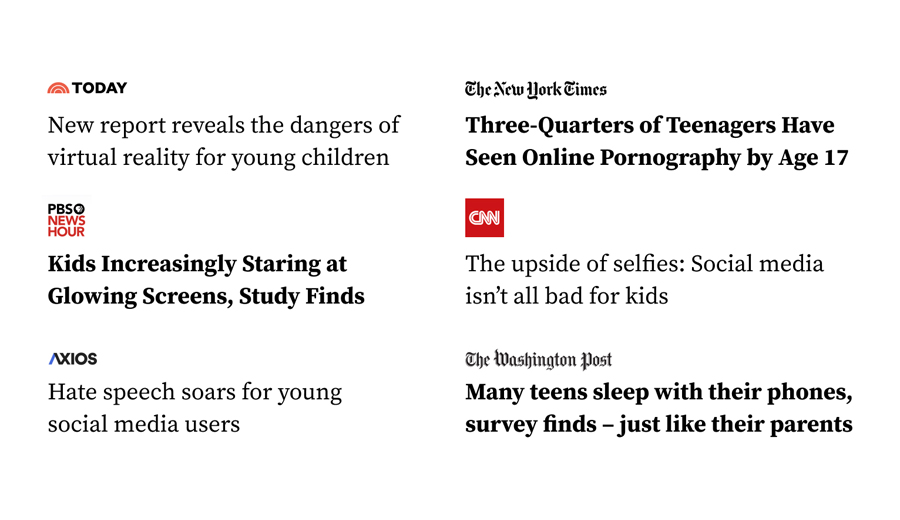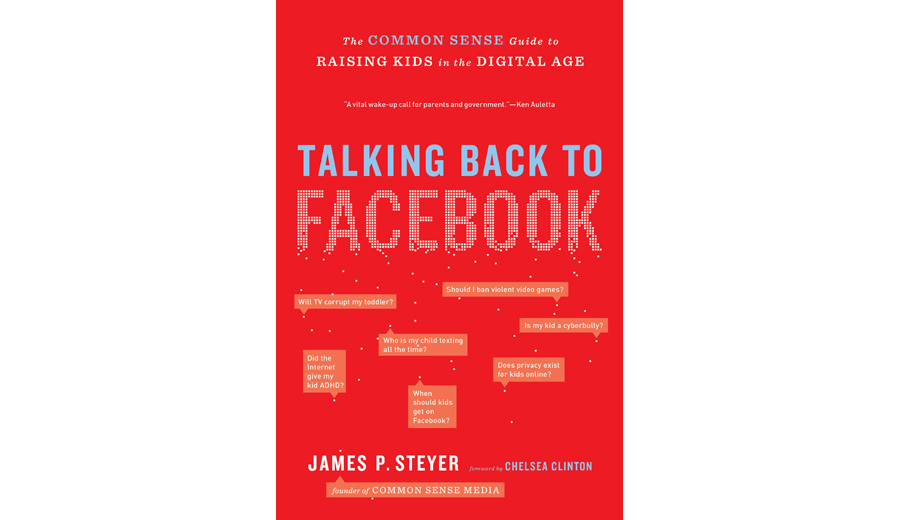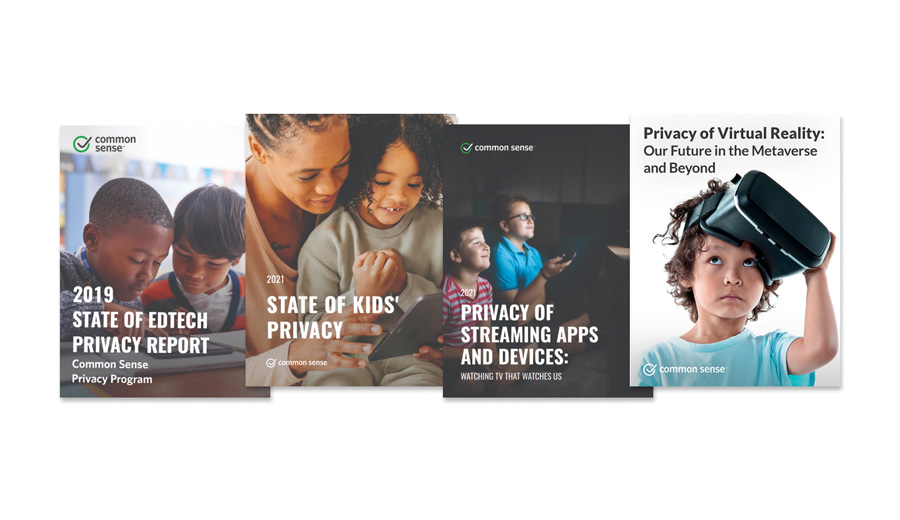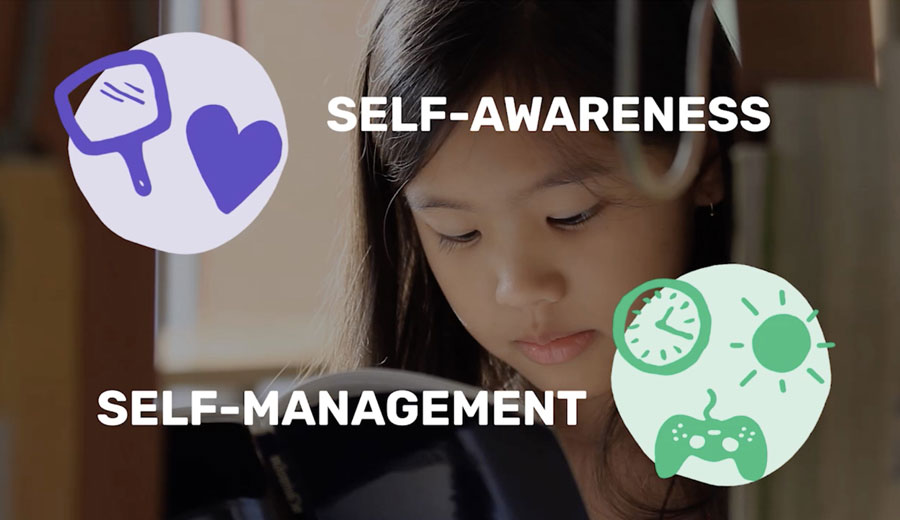

Growing Up with
Common Sense
How Tech Is Changing Childhood
The last 20 years have seen a remarkable explosion of media and technology. Kids have been at the center of this digital revolution, one that changed nearly everything about how they connect, learn, and grow up.
In honor of our 20th anniversary, we charted our work alongside the seminal media and technology moments that shaped a generation of children. As the pace of technological innovation continues to accelerate, whatever comes next, we'll be there to ensure all kids can thrive.

Common Sense launches to guide parents in search of media that entertains, educates, and inspires.
Over the course of two decades we've been at the forefront when it comes to understanding media's potential to shape cultural values, expand access to learning, and tackle tricky topics for kids and families. Our growing catalog of ratings and reviews continues to evolve to meet this changing landscape, and to cover new dimensions that today's parents and caregivers are seeking.
Today our library features more than 40,000 reviews across movies, TV shows, games, books, apps, and podcasts, plus a growing catalog of Spanish-language movies and TV shows, as well as ratings and curations of movies with authentic and diverse characters.


A technological boom …
An unprecedented technological boom led to new platforms, increased connectivity, and content that transformed the media landscape—and how our kids spend their time. In 2007, the smartphone put all of this content and powerful connectivity directly into kids' hands whenever and wherever they go. Today 41% of kids age 8 to 12 and 87% of teens have a cellphone, which has made monitoring kids' consumption of media and online activities even more difficult.
Tweens and teens spend more time with media than with any other activity (aside from sleep)
Tweens
Teens
-
Rideout, V., Peebles, A., Mann, S., & Robb, M. B. (2022). Common Sense Census: Media use by tweens and teens, 2021.. San Francisco, CA: Common Sense.
Kids age 0-8 now spend more time watching online video than TV
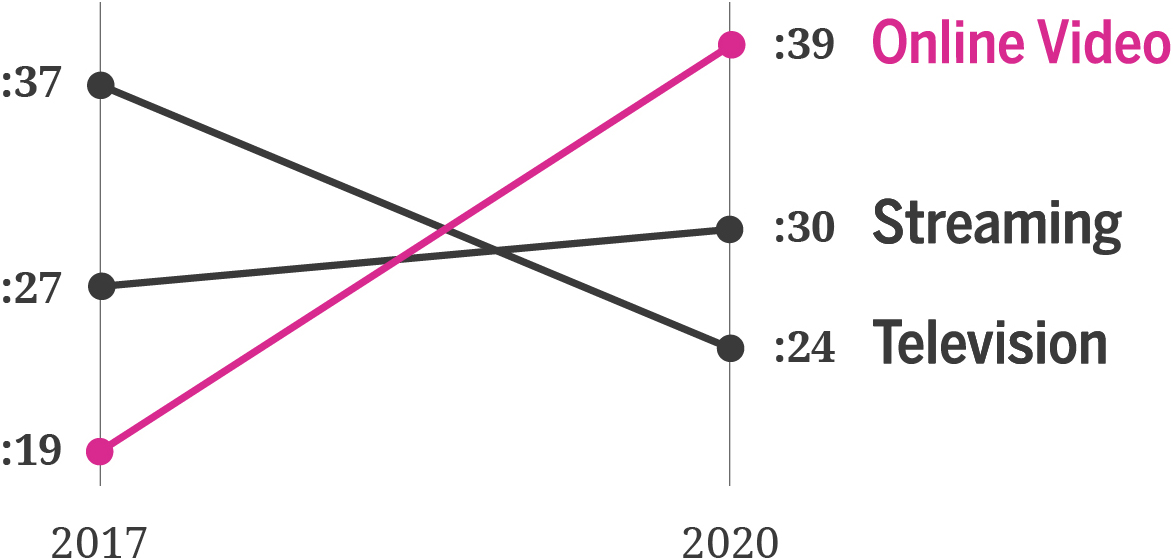


We are conducting the world's greatest experiment on our kids in real time—and we don't know how it's going to turn out.
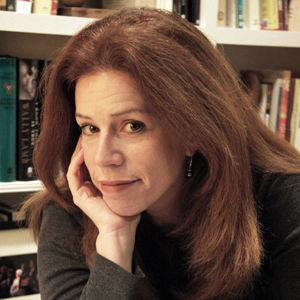
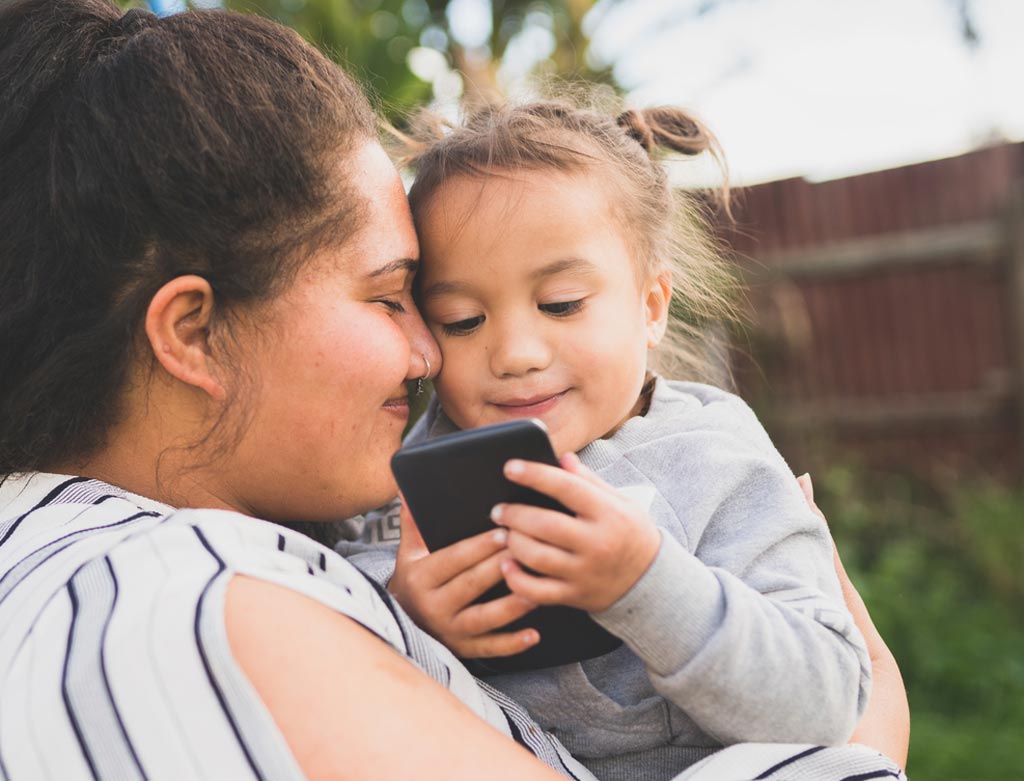

Parents and teachers turn to us for advice on managing kids' media use.
To navigate the emerging complexity of the digital world, kids must understand how to live in this space safely. And doing so requires a whole-community approach. So in 2008 we developed a Digital Literacy & Citizenship Curriculum to help teachers address the challenges—and new learning opportunities—of technology.
At the same time, we expanded our collection of parent resources to offer research-backed and culturally relevant tips and advice on everything from when to get kids a cellphone, to how to navigate new social media platforms, and how to manage risky online behavior like sexting. Today our curriculum and advice is used in all 50 states and around the world, and is a go-to resource for millions of parents and caregivers, researchers, and advocates.
Percent of U.S. schools using the Digital Citizenship curriculum
North Carolina
76%Select a state to see the numbers
Schools further important conversations about the challenges and opportunities of growing up in a digital world. They are also often where problematic issues surface, and that's why we take a whole-community approach. In our first year, we hoped that maybe 500 member schools would sign up, but in the first year we had 5,000.
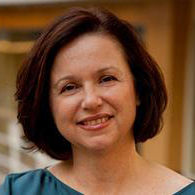
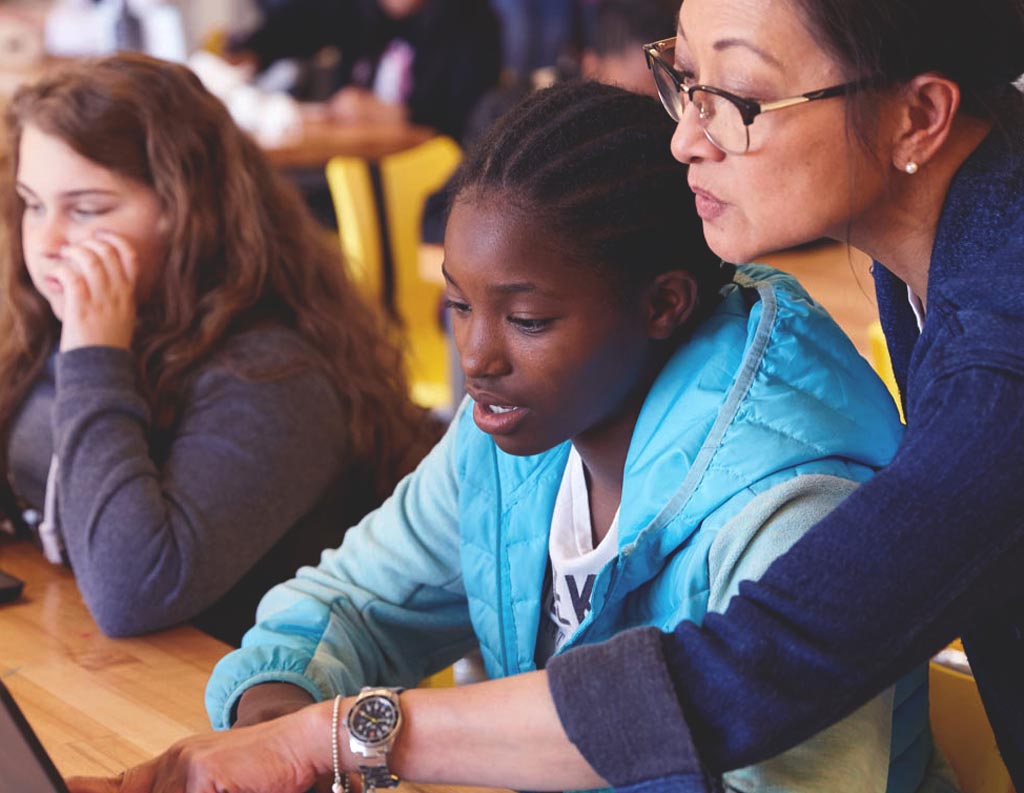

Common Sense Research redefines our understanding of kids' relationship with media and technology.
Through both large-scale quantitative studies and in-depth qualitative interviews with parents and kids, our research program reports the real effects of the accelerating media environment, from tracking kids' media use over time to the impact of social media on teens' mental health. Our research is now the backbone of all of our tools and resources, strengthening our ratings and reviews, advice, and tools. And policymakers rely on our data to drive legislative and regulatory changes that help us make the digital world a safer, healthier, and more equitable place for kids and families.
We're the first to tell tech companies: "Do not track our kids."
We emerged as an early and leading voice in support of kids' digital well-being, and kicked off a multiyear effort to protect kids' privacy. We successfully advocated for federal law, like bringing COPPA into the 21st century and passing SOPIPA to protect student's privacy when using school devices and edtech. And we helped pass the landmark California Consumer Privacy Act, which has become the privacy law of the land.
True to our roots—helping caregivers make informed choices—we built the largest library of privacy ratings and reviews for the most popular edtech tools available. Today, our research into the state of kids' privacy continues to inform policymakers and drive change in the industry.


As devices compete for our time and attention, Common Sense prioritizes digital well-being.
Digital well-being is about building a healthy relationship with technology. But Big Tech's focus on profits before people puts kids in harm's way. Our research and partnerships have shone a light on the potential harms of social media on kids, from body image issues and hate speech to addiction and lack of sleep. We actively support legislative solutions like the California Age-Appropriate Design Code to hold technology companies accountable for these negative impacts, and force them to put kids at the center of how they design their platforms.
We're also in classrooms with offerings like our Social and Emotional Learning in Digital Life resource and News and Media Literacy lessons. These free resources help kids manage their emotions and see through misinformation and disinformation to build a better, safer digital world.
The COVID-19 pandemic puts the digital divide into the national spotlight.
The "homework gap" has long been a problem for students across the United States, but the pandemic catapulted it into national news. Our groundbreaking series of reports with Boston Consulting Group about the scale and scope of the K–12 digital divide revealed that more than 10 million students lacked connectivity and devices. Our campaign to encourage Congress to Connect All Students led to the landmark passing of the American Rescue Plan and the Infrastructure Investment and Jobs Act—making billions of dollars available to connect families and communities to high-speed broadband and devices. And our innovative on-the-ground campaign GetMyInternet.org is helping to enroll thousands of families across the country.
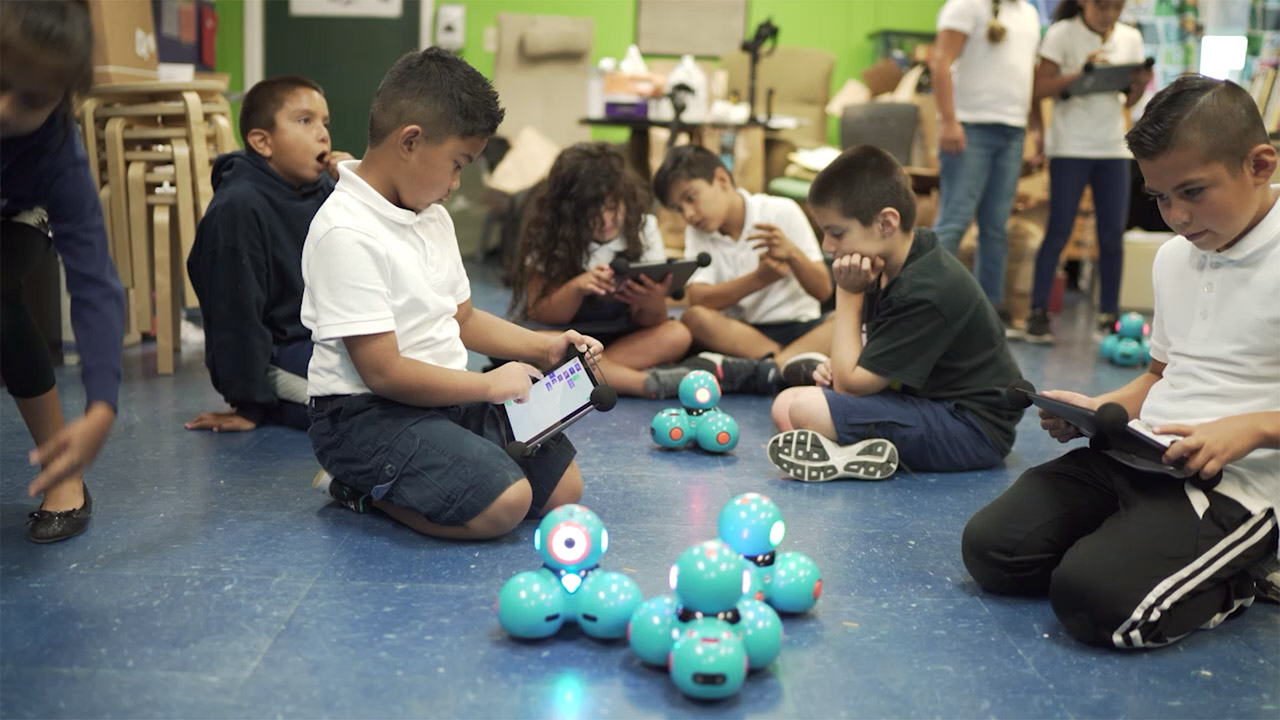

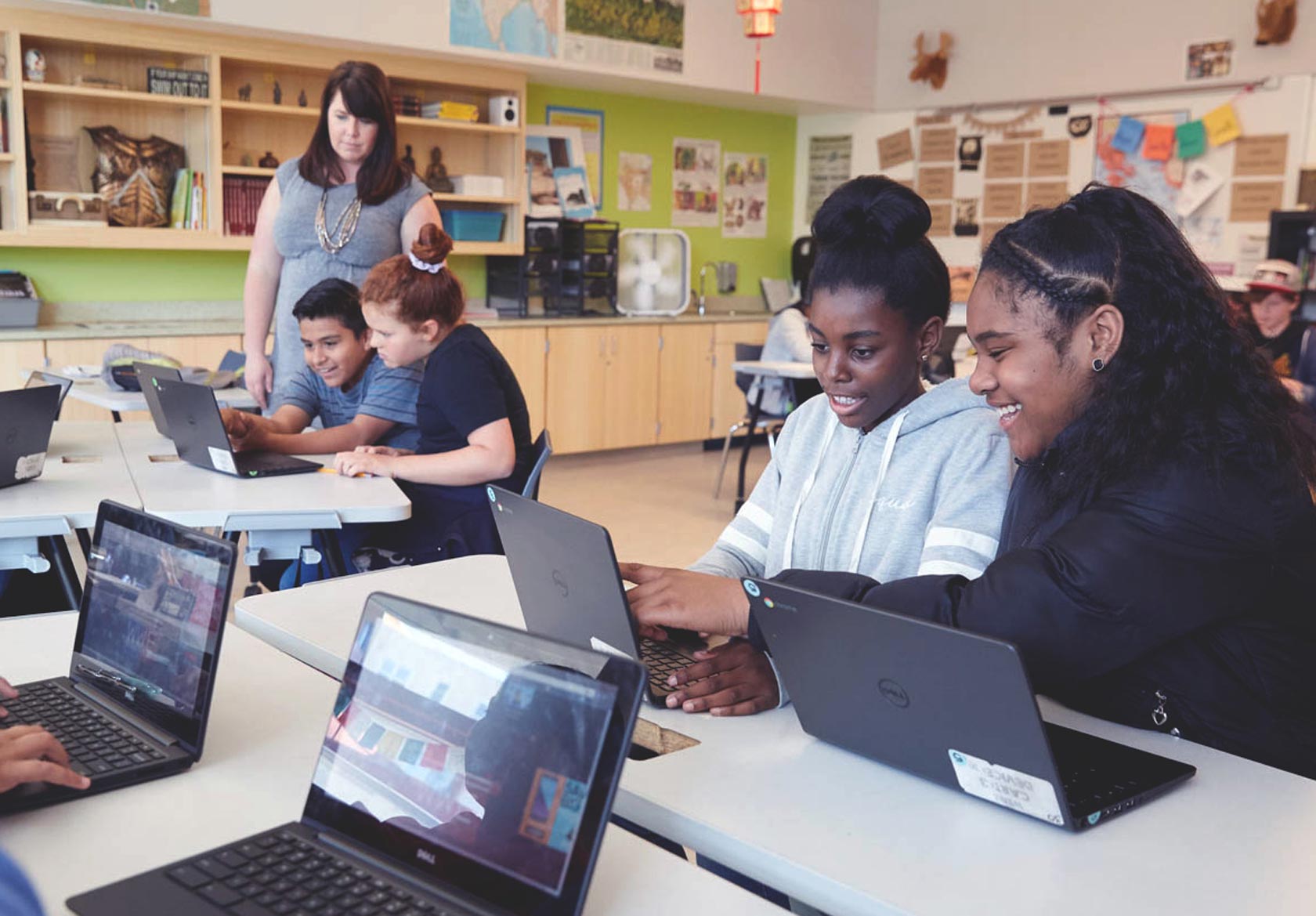
What's Next Raising a generation of digital citizens
Our vision is to build a more healthy, equitable, and empowering future for all kids in the digital age. From high-quality media recommendations to internet access for all learners, we're making media and technology safer, healthier, and more equitable for kids everywhere.
What we stand for:
Media Choice
Reviews that make it easier to choose high-quality, age-appropriate, and diverse content for kids at home and in school
Learn MoreDigital Equity
Access to technology—and the support and tools to use it—for kids, families, schools, and communities.
Learn MoreDigital Literacy and Citizenship
Habits and skills that give young people agency over their digital lives and help them succeed online and in life.
Learn MoreTech Accountability
Public- and private-sector reforms to safeguard privacy, minimize harm, and support healthy media and tech for all.
Learn MoreHealthy Childhood
Advice, research, and community outreach to support kids' mental, physical, and emotional health and explore tech's effects on well-being.
Learn More
It's all possible because of supporters like you. Donate now
Thank You to Our Distribution Partners
Our Supporters
Common Sense has been fortunate to receive the generous philanthropic support of individual donors and foundations that have made, and continue to make, a significant contribution to the success, sustainability, and impact of Common Sense's work. The list below represents the cumulative giving, as of December 31, 2022*, of our most generous supporters.
$5,000,000 and above
-
- Anonymous (3)
- Lynne and Marc Benioff
- Bezos Family Foundation
-
- Craig Newmark Philanthropies
- Jennifer Caldwell and John H.N. Fisher
- Omidyar Network
-
- Sherwood Foundation
- Kat Taylor and Tom Steyer
- Susan Crown Exchange (SCE)
$2,500,000—$4,999,999
-
- Bill & Melinda Gates Foundation
- Carnegie Corporation of New York
- Marcy Carsey
- Chan Zuckerberg Initiative
-
- Eli and Edythe Broad Foundation
- Margaret and Will Hearst
- John D. and Catherine T. MacArthur Foundation
- Michael & Susan Dell Foundation
-
- Morgan Charitable Foundation
- Niagara Cares
- Walton Family Foundation
- William and Flora Hewlett Foundation
$1,000,000—$2,499,999
-
- Diana Nelson and John Atwater
- Ballmer Group
- Bloomberg Philanthropies
- The California Endowment
- Penny and Jim Coulter
-
- April McClain-Delaney and John Delaney
- Ford Foundation
- Grable Foundation
- Heising-Simons Foundation
- Martha and Bruce Karsh
-
- Kern Family Foundation
- Poses Family Foundation
- Stuart Family Foundation
$500,000–$999,999
-
- Anonymous
- Anschutz Foundation
- Atlantic Philanthropies
- The Bernard Osher Jewish Philanthropies Foundation
- Best Buy Foundation
- Steven and Roberta Denning
- Disney Worldwide Services Inc.
- Endless Network
-
- First Republic Bank
- Google.org
- Hearst Foundations
- Imaginable Futures
- Koret Foundation
- Rochelle and David Ludwig
- Marguerite Casey Foundation
-
- NortonLifeLock
- Overdeck Family Foundation
- Patrick J. McGovern Foundation
- Mindy and Jesse Rogers
- Salesforce.com
- Sand Hill Foundation
- Tracy and Gene Sykes
$250,000—$499,999
-
- Arizona Community Foundation
- California Health Care Foundation
- Ann and Paul Chen
- Claude Worthington Benedum Foundation
- Daniels Fund
- Dana and Bob Emery
- John S. and James L. Knight Foundation
- John Templeton Foundation
-
- Joseph Drown Foundation
- McCormick Foundation
- Marie and Bill McGlashan
- Jessica Moment
- New Venture Fund
- Nina Mason Pulliam Charitable Trust
- Laurie and Josh Olshansky
- Phoenix Industrial Development Authority
-
- Elizabeth and Andrew Spokes
- Sheikha Al-Mayassa Al-Thani
- Denise O'Leary and Kent Thiry
- TPG Foundation
- David and Susan Tunnell
- Twitter, Inc.
- Verizon Foundation
$100,000—$249,999
-
- Elizabeth and Lee Ainslie
- Amy Errett and Clare Albanese
- Annie E. Casey Foundation
- Anonymous (4)
- Nancy and Tim Armstrong
- Arthur Vining Davis Foundations
- Sarah and Rich Barton
- Sapna and Brandon Boze
- Katherine and David Bradley
- Jennifer and Chris Brahm
- Lycia Carmody
- Charles Schwab Foundation
- Jill Davis and Edward Conard
- David and Lucile Packard Foundation
- Whitney and Lanse Davis
-
- Eileen and John Donahoe
- The Eisner Foundation
- Laura and John Fisher
- Randi and Bob Fisher
- George Kaiser Family Foundation
- Helios Education Foundation
- Jennifer and Andrew Hoine
- Sonia and Paul Tudor Jones
- Michael Klein
- Katie Hall and Tom Knutsen
- Stefanie Huie and David Lee
- Susan McCaw
- Bob Miller
- M.S. Grumbacher Foundation
- George and Linnea Roberts
-
- Skoll Foundation
- Susan Sachs
- Silicon Valley Community Foundation
- Miyoung Lee and Neil Simpkins
- Samira and Jeff Sine
- Ali Singer
- Liz and Jim Steyer
- Margaret and Allan Steyer
- Mike Tollin
- Laura Fox and Ben Van de Bunt
- Wasserman Foundation
- Weingart Foundation
- W.M. Keck Foundation
$50,000—$99,999
-
- The Ahmanson Foundation
- Annenberg Foundation
- Anonymous (5)
- Ambassador Frank and Kathy Baxter
- Helen and Peter Bing
- Nancy and Frank Bynum
- Belle and Wences Casares
- Jennifer and Young Chung
- Clinton Family Foundation
- Linda Burch and Rajen Dalal
- Peggy and Yogen Dalal
- Dan and Stacey Case Family Foundation
- Susanne and Greg Daniels
- Abigail and Egon Durban
- Karen Edwards
- Emika Fund
-
- Mrs. Donald G. Fisher
- Ann and Jim Gianopulos
- Pam and Jon Henes
- Sandra and Tom Holland
- Gina and Rich Kelley
- Lucy Hume and Nicholas Koukopoulos
- Susan Disney Lord and Scott R. Lord
- Kristin Vogelsong and Zander Lurie
- Lawrence Wilkinson and Mary Kay Magistad
- McAfee Inc. Endowment Fund
- Leslie Berriman and Nion McEvoy
- Meredith and Jonathan Meeks
- Microsoft Corporation
- Morrison and Foerster Foundation
- JaMel and Thomas Perkins
- Pinkerton Foundation
-
- Carrie Schwab Pomerantz and Gary Pomerantz
- Richard King Mellon Foundation
- Robert Wood Johnson Foundation
- Richard Robinson
- Stephanie and Mark Robinson
- Rose Hills Foundation
- Schauble Family Foundation
- S.H. Cowell Foundation
- Sketch Foundation
- Hilary Caplan Somorjai and John Somorjai
- Spiegel Family Fund
- Diana and Steve Strandberg
- Stuart Foundation
- Thrive Foundation for Youth
- Marie and Gene Washington
- Elizabeth and Jack Weingart
$25,000—$49,999
-
- Nancy and Doug Abbey
- Debbe and Peter Adamson
- Harvey Anderson
- Anonymous (9)
- Lainie and Dave Becky
- Lorraine and Joe Berchtold
- Nicolas Berggruen
- Patricia and Bob Blee
- Dana and Robert Blum
- Genevieve and Jeff Boron
- Reveta and Bob Bowers
- Stasia Obremskey and Dan Carroll
- Angela and Chris Cohan
- Kathy and John Danhakl
- Daun and Dan Dees
- Nora and Ali Diab
- Sarah and Jason DiLullo
- Peggy and Mickey Drexler
- Lorri and Alex Dyner
- Early Care and Education Policy and Advocacy Fund
- Suzanne Dryan Felson
- Jessica Capshaw and Christopher Gavigan
- MaryAnn and Irwin Gold
- Greater Kansas City Community Foundation
- Guffey Family Foundation
-
- Kathryn and Michael Hanley
- Sarah Speakman and Marshall Haines
- Joan and David Hill
- Cindy and Alan Horn
- Tai Hsia
- Hutton Family Foundation
- Stephen Kaplan
- Carli and Eli Khouri
- Tracy Kirkham
- Kim Larson and Gary Knell
- Mara and Dean Landis
- Cathy and Marc Lasry
- Gabrielle and Thomas Layton
- Carol Sutton Lewis and William M. Lewis, Jr.
- LSP Family Foundation
- Bremond and Michael MacDougall
- Lyra Rufino-Maceda and Manny Maceda
- Linda and John Marren
- Camille and Robert McDuffie
- Andrea and Robert McTamaney
- Mead Family Foundation
- Alan Meltzer
- Emily and Michael Millman
- Anna Ortiz Morfit
- Gigi and Averell Mortimer
-
- New York Community Trust
- Pannonia Foundation
- Krutika and Rajiv Patel
- Elizabeth and Richard Riordan
- Michael Riordan
- Rockefeller Brothers Fund
- Shira Ronen
- Karen and Patrick Ryan
- Julian and Ana Salisbury
- Catarina and Andy Schwab
- The Schwartz Family Foundation
- Nancy Peretsman and Robert Scully
- Karen and Ben Sherwood
- Silver Giving Foundation
- Laura and Greg Spivy
- Nina and Scott Stanford
- Baudelia and Brett Taylor
- Kelli and Steffan Tomlinson
- Anna and Robert Trone
- Grace and Steve Voorhis
- Ashley and Minott Wessinger
- William H. Draper III & Phyllis C. Draper Fund
- Mary and Jeff Zients
*Includes cumulative grants or contributions of $25,000 and above.



